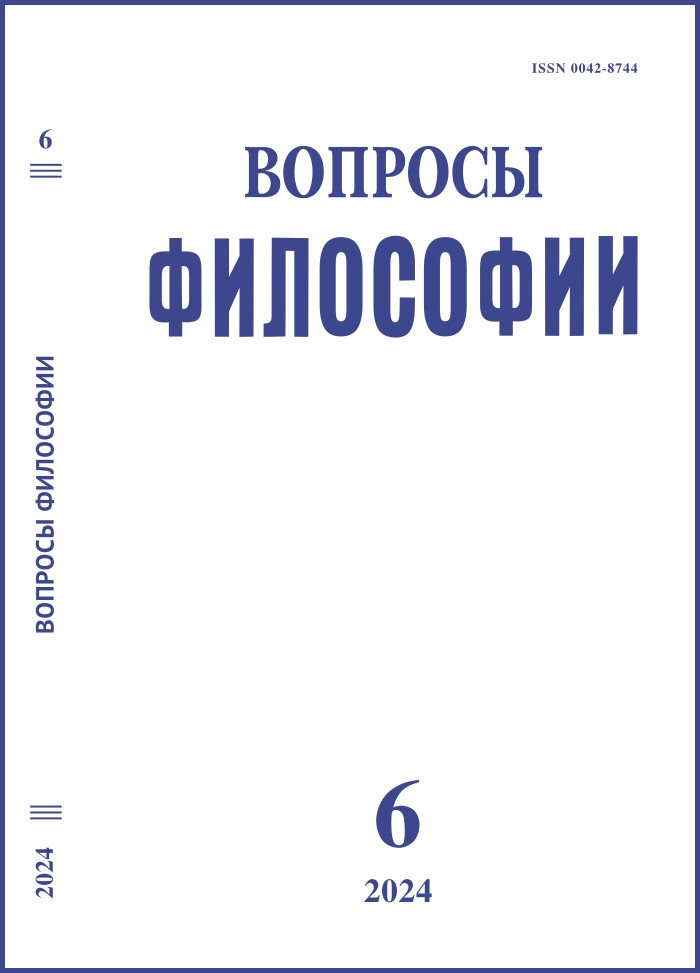The Classic of Non-Classical Epistemology: Reflections on the Book “Constructivism, Realism, Human. On the 90th Anniversary of V.A. Lektorsky”
DOI:
https://doi.org/10.21146/0042-8744-2024-6-5-14Keywords:
V.A. Lektorsky, epistemology, philosophy of science, gnoseology, constructive realism, methodology.Abstract
Contemporary epistemology faces a choice today: either to follow the path of the analytical tradition and refine the conceptual toolkit itself, or to redirect efforts towards the search for the “cognitive primordial”. Renowned Russian philosopher-epistemologist, academic Vladislav Aleksandrovich Lektorsky, who devoted his life to studying the most important problems of epistemology (subject-object relationship, activity approach, classical and non-classical epistemology, historical and collective memory, consciousness and self-awareness, artificial intelligence, and the consequences of digitalization), proposed his vision of the future of gnoseological research. His concept of “constructive realism” has received wide discussion in the texts of Russian and foreign colleagues, friends, and students (humanitarian scholars and philosophers), presented in a collective monograph dedicated to his 90th anniversary. In the center of their attention is the living cognizing human in the complex configuration of social, moral, epistemological, axiological, and ecological problems of modern digital civilization. The personal qualities of V.A. Lektorsky have always manifested themselves in creating an atmosphere of freedom of research and creativity, collective discussion and philosophical criticism, friendliness and charm, pedagogical mentorship, and sensitive support for young researchers. The article demonstrates the relevance of the concept of “constructive realism” and its methodological effectiveness in solving contemporary problems of philosophy, natural science, and social-humanitarian science in the context of the cultural-historical self-awareness of philosophers and scientists who responded to the anniversary of the classic of non-classical epistemology.

